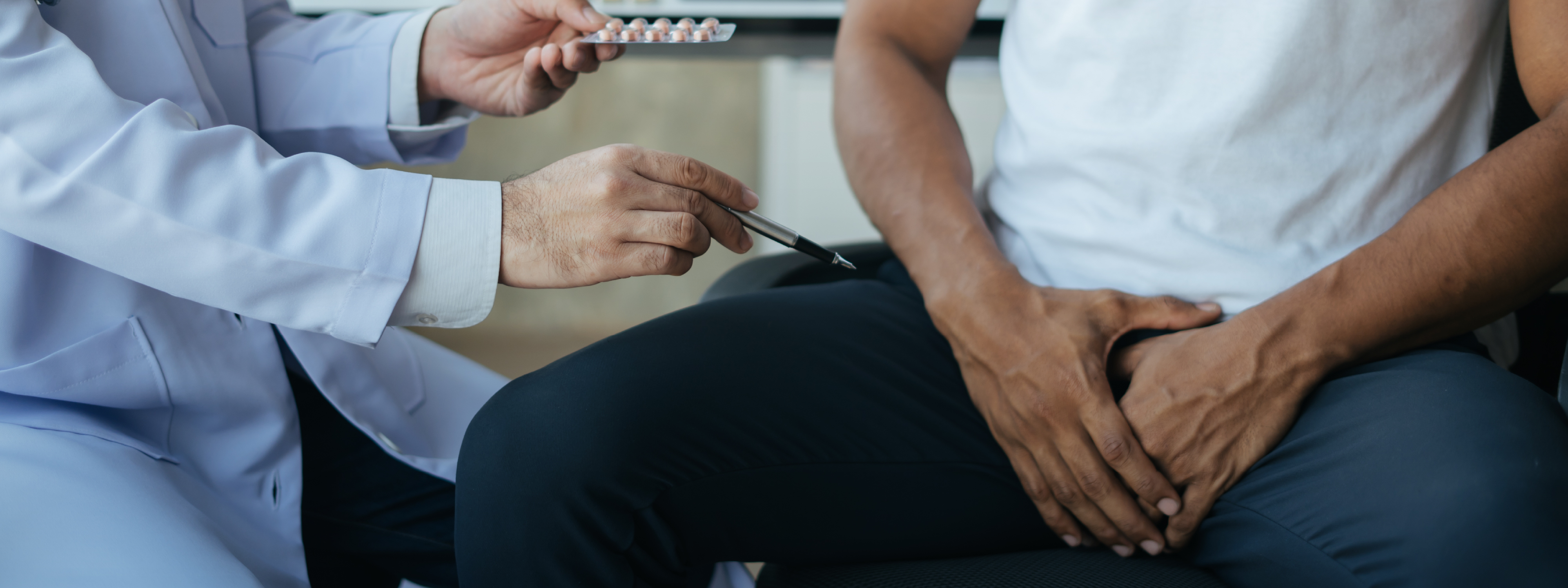 12+ years of exp
12+ years of exp
Languages
English, Hindi and TeluguClinics
HealthHub - Al Karama
HealthHub - Al Nahda
HealthHub - Al Qusais
HealthHub Day Surgery - Festival City

 12+ years of exp
12+ years of exp
HealthHub - Al Karama
HealthHub - Al Nahda
HealthHub - Al Qusais
HealthHub Day Surgery - Festival City